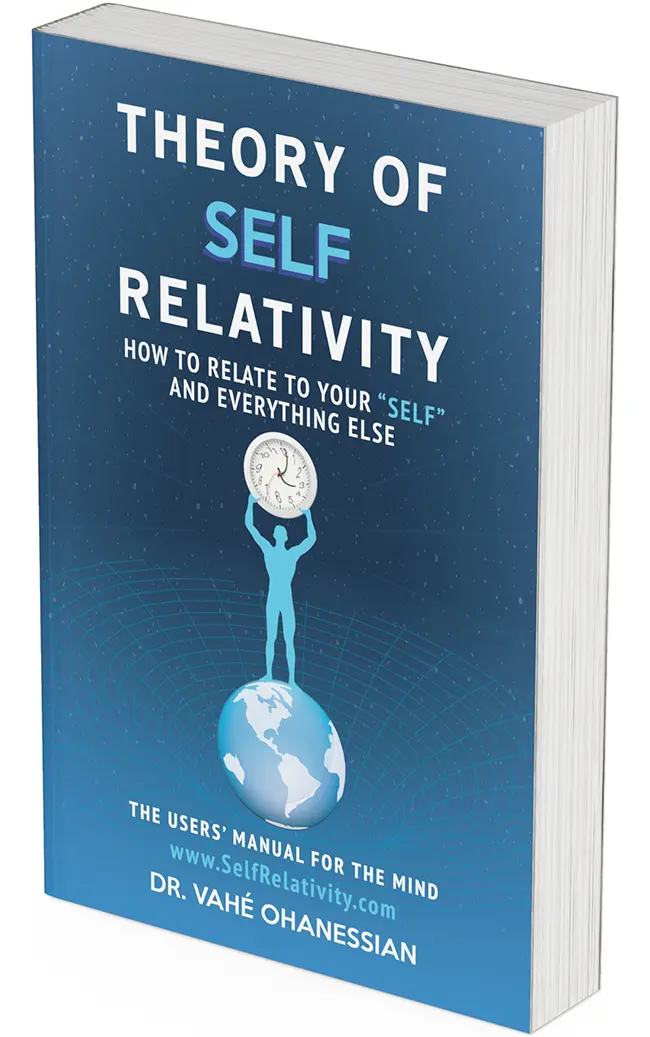Mind
Our mind is a thinking-machine and its main job is to think and to process information.
Contrary to many dramatic and sensationalistic teachings, we cannot stop thinking nor could we slow down our thinking. In order to improve our mental-state and our cognitive abilities; we shouldn’t try to slow down our thinking or to not think at all; we should try to think more efficiently, quickly and cleverly.
Slowing down our mind or getting our mind to think less is completely contradictory to the nature of how our mind operates; It is like trying to get a lion to become a herbivore. This is why ancient techniques such as meditation and other mind-slowing techniques are generally ineffective, frustrating and they leave more unimproved and hopeless people behind than they actually help. Meditation is simply a relaxation method that requires lots of commitment and down time for us to try to extract some of its inefficient thought-management benefits.
Millennia ago, in ancient civilizations, be it in the mountains of Tibet or in the deserts of the Middle-East; people didn’t have much to do and not much to think or worry about. People had lots of down time to commit to just sitting there and observing their few thoughts and concerns. They didn’t have their end of the month obligations such as rent, car-payments, credit-card payments and other recurring financial-commitments; hence the thoughts that they tried to observe without resolution didn’t lead to any actual repercussions if left unresolved. However, in the modern-times no matter how much we sit in silence and try to count our breathing and observe our thoughts; our bills are going to be due and our problems are still going to exist. Meditation and mindfulness are not going to solve the things that are on our minds.
People who claim highly of the positive and direct transformational benefits of meditation are either:
- Newbies to meditation who are excited to have just committed to this inefficient and expensive program; only to abandon the practice in frustration and despair at a later time.
- People who have the financial and time luxury to try to adapt to meditation as another luxurious means of relaxation, without expecting any life changing resolutionary outcomes.
- Monks and other individuals living downsized lifestyles who have the luxury of dedicating time to just sit there, relax and not do much.
This is why meditation, especially long-term meditation, is impractical, inefficient and has minimal cost-to-benefit ratio especially in the modern-times.
Our mind is a thinking-machine and its job is to think continuously just as our heart’s job is to continuously pump blood. While slowing down our mind in certain situations could be beneficial, our mind just like our heart must be able to handle everyday thinking challenges without slowing down and to actually be able to quicken its activities on demand; therefore, it is unnatural and unsustainable to try to not think or to try to think less.
In order to quicken our thinking and to become cleverer we must learn to distinguish our thoughts faster and on-the go. Life in the modern-times moves faster and the need for multitasking or moving in between thoughts is more in demand than ever before. Unlike the incorrect claims of motivational teachings that encourage slowing down thinking, there is nothing wrong by multitasking and having multiple-thoughts if we know how to think quickly and cleverly. As a matter of fact, we must learn to think quickly and cleverly so that we can deal with the modern-life more efficiently and with less stress.
Cars and planes operate most efficiently when they are cruising at faster speeds; not when they are parked idling.
Therefore, since our mind is a thinking-machine; in order for it to keep up with changing times it must think constantly and it must learn to think faster, not think less or slowdown its thinking.
In the modern-times we don’t need to slowdown our thinking in order to become mindful; we must learn to make our thinking quicker and cleverer so that we can analyze and problem-solve faster and with more efficiency.
However, no matter how we accomplish mindfulness; mindfulness without thoughtfulness is like motivation is without follow through action.
Theory of Self-Relativity defines “mindfulness” as “our ability to be aware of our thoughts”.
Furthermore,
Theory of Self-Relativity defines “thoughtfulness” as “our ability to be aware of and to understand the factualities of our thoughts”.
According to Theory of Self-Relativity, thoughtfulness is comprised of:
- Awareness of our thoughts (mindfulness).
- Understanding of our thoughts.
- Verification of our thoughts for their factuality.
Unlike standalone mindfulness, which at best tries to observe our thoughts; thoughtfulness which should always succeed mindfulness, allows us to not only be aware of and to understand our thoughts but to use our thought-awareness to organize, resolve or eliminate our cluttering, our repetitive and most importantly our nonfactual-thoughts. Mindfulness allows us to become aware of and to observe our thoughts however thoughtfulness allows us to understand our thoughts so that we can then properly act on those thoughts.
Self-Relativity is a quick and clever thinking-system for self-improvement.

